SUMMARY
This is AI generated summarization, which may have errors. For context, always refer to the full article.
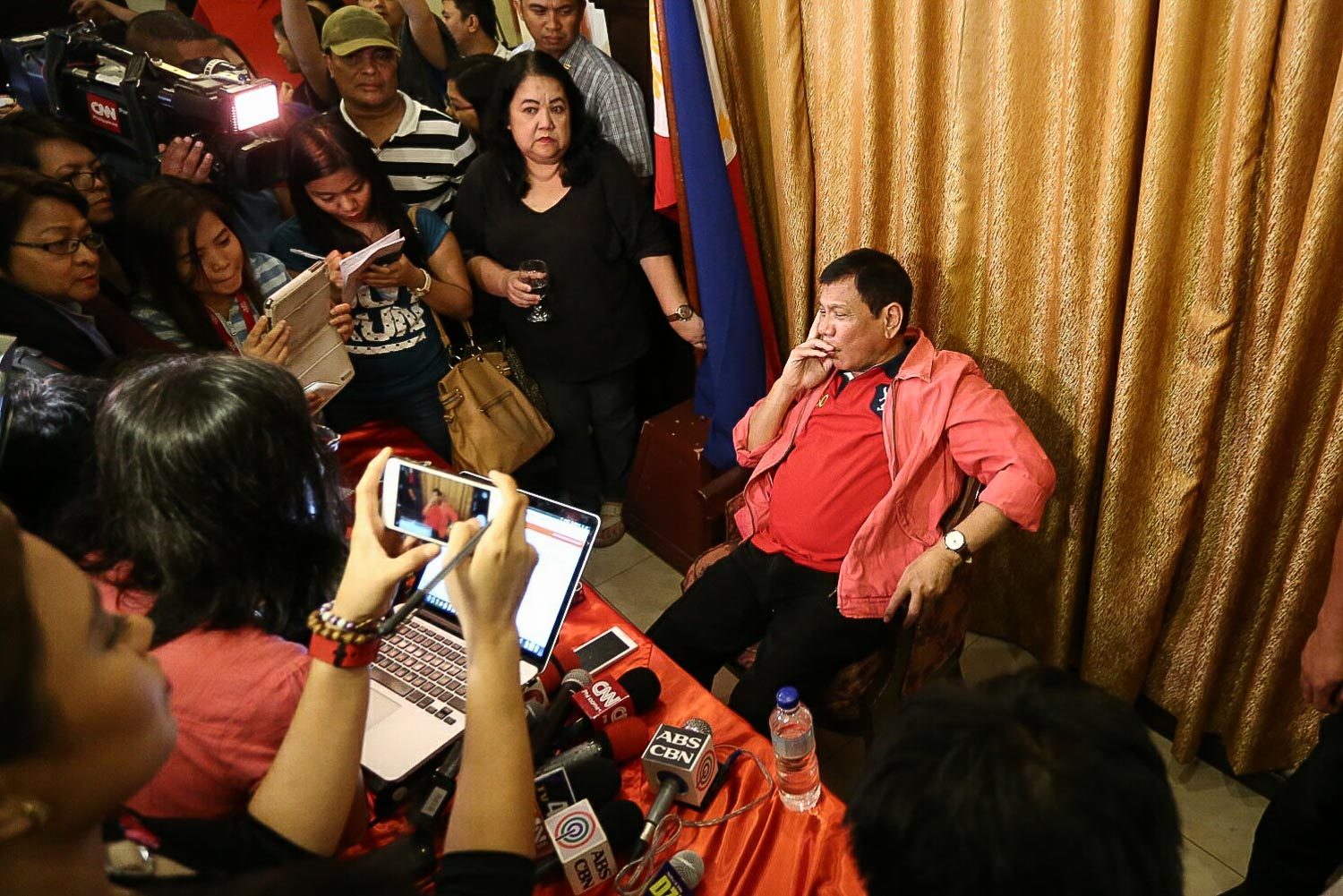
MANILA, Philippines – How do you cover a president like Rodrigo Duterte?
For Vincent Lazatin, one of the conveners of Media Nation, it’s time for media reports to shift focus to the substance of the president-elect’s speeches over his expletives. Media Nation convenes media executives and journalists to tackle issues the industry faces.
Lazatin is also executive director of the Transparency and Accountability Network (TAN), which has worked with the media and has been continuously pushing for the passage of the Freedom of Information (FOI) bill, among its various advocacies.
The “shock” that comes with hearing the incoming highest official in the Philippines curse almost every time he speaks is still there, but according to Lazatin, it is time for the media to accept that he is just that way.
“If we are to cover him differently, we already know he’s foul-mouthed so there’s no need to report on that anymore,” the Media Nation convenor explained in an interview with Rappler’s Marites Vitug. “Let’s talk about the substance of what he’s trying to say.”
By opting not to include the curses in stories, media consumers will be treated to the real discussion of his plans, issues, and policies that come with being a president.
“What we need are follow-up questions like he says he’s going to shut down Congress, how is he going to do that?” Lazatin said. “It’s best to get over the fact that he’s foul-mouthed and decide to not print that because I think it does not add to the discussion.”
Treat like a troll but hold accountable
Individuals have faulted the media for shining the spotlight on the Davao City mayor even during his candidacy. Willingly or unwillingly, Lazatin said, the media became enablers, and to an extent, even “carry some of the blame.”
To better cover him, the media then should treat Duterte as a “troll who says things just to provoke.” Falling into the trap of a troll will lead the discussion to spiral out of control, falling far beyond the original goal or question.
This is the “deliberate strategy” of the president-elect, he said, who often provokes, blames, or changes the subject when he doesn’t want to answer a question.
“So if you sort of treat him like that, when he tries to provoke you, you stay on track on the topics that you’re trying to cover and ask,” Lazatin explained. “Through this, you can make sure he doesn’t get away with not answering those questions.”
The president-elect’s losing running mate, Senator Alan Peter Cayetano, has also said that Duterte is “very strategic.”
Despite Duterte’s statement urging the media to boycott him and eventually stating that he won’t be granting interviews “until the end of his term”, journalists should continue holding the president-elect accountable – especially with the flip-flopping he is known for.
“If he said something today and 3 months from now, he reverses himself, he has to be accountable for what he said today,” Lazatin said. “If we keep on letting the president get away with it, we can never pin him down categorically on policies, positions on issues, among others.”
No more jokes
People within the circle of Duterte, however, have continuously warned the media not to misinterpret his pronouncements.
For example, presidential spokesman Salvador Panelo told journalists to always look closely at Duterte’s body language and the context of what he says, following the president-elect’s comments on media killings. (READ: Media should be more ‘discerning’ about Duterte’s statements – Panelo)
Lazatin, however, insisted that Duterte should realize it is time to be more careful as the “words coming from the mouth of a president are gold.” It is expected that the media – and the public in general – will look into what he says and hold him accountable.
Leaving the public to discern whether or not a statement was delivered as a joke is problematic.
“The truth is, we really can’t and I don’t think anybody really can (know if he’s joking),” Lazatin said. “When a public can’t tell the difference, then this public official can escape accountability for his or her works.”
“So if they say something atrocious and there’s backlash, he can say that he’s just joking,” he added. “You can’t use that to escape accountability for what you’re saying.”
Duterte’s valid point
Duterte, following the backlash against his statement on media killings, said he is disgusted with journalists who hit people and demand money to keep their mouth shut. The president-elect referred to them as the “vultures of journalism.” (READ: Duterte on media killings: ‘What can I do?’)
According to Lazatin, the president-elect’s point in highlighting corruption among media was valid and needs to be addressed.
“We also need to give him credit for calling it out that there is widespread corruption in media as it is a legitimate issue,” he said.
Holding the media accountable, although an acceptable first line of defense, should go beyond “clearing their own ranks.” It is about time that a council be established, Lazatin said, that will call out corrupt members of the media. It should be composed of members from the media and civil society organizations “to put an outside perspective.”
“We know that in the media, we have self-regulating bodies but I think we should give flesh to that idea that we need to create a council,” he said. “(Corrupt journalists) exist and are among us.”
Consumers or readers, meanwhile, should let organizations know what they think is acceptable and unacceptable as the thinking that media only dish out what the public wants is very debatable.
“The public will just consume what it is given because they have no choice,” Lazation explained. “So I think there should be space for citizens and organized groups to provide some feedback to the media.” – Rappler.com
Add a comment
How does this make you feel?

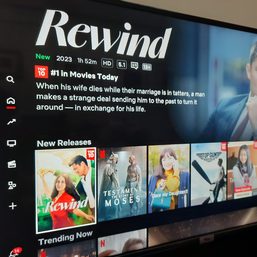


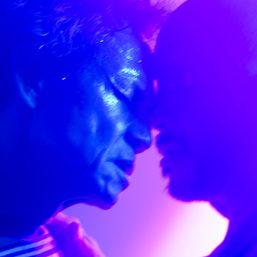
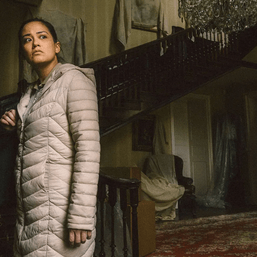
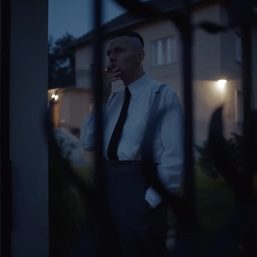



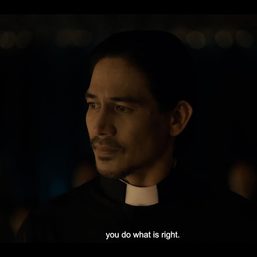

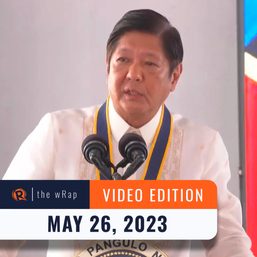


There are no comments yet. Add your comment to start the conversation.